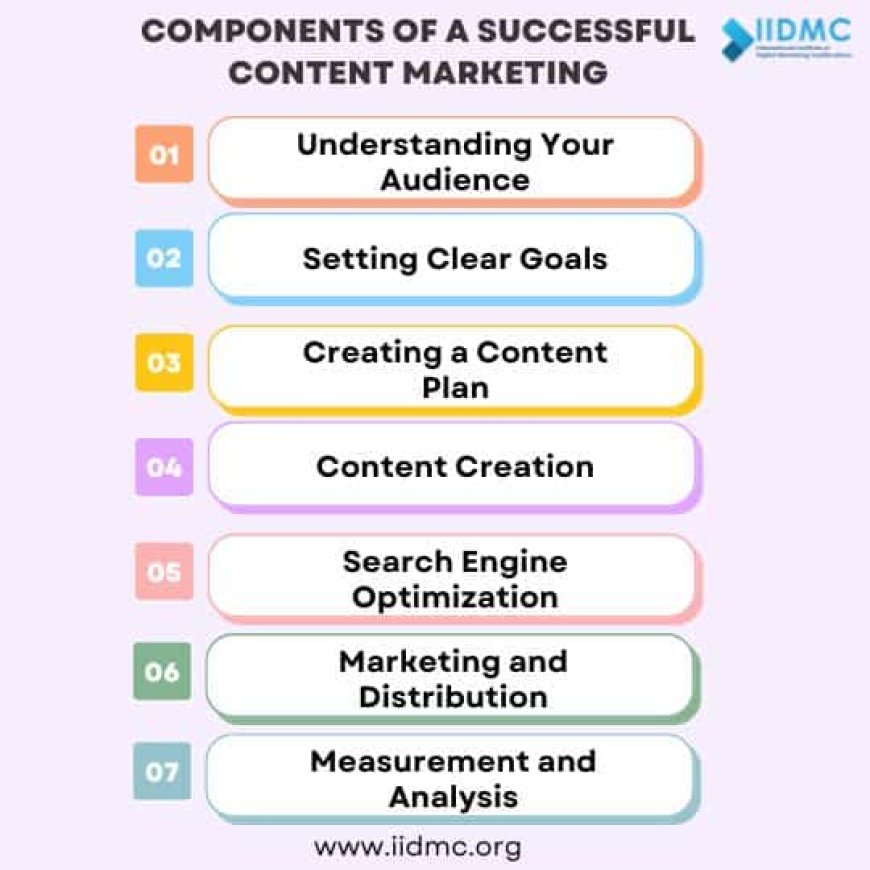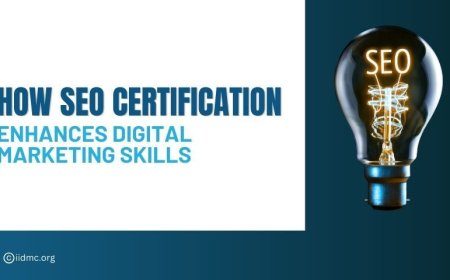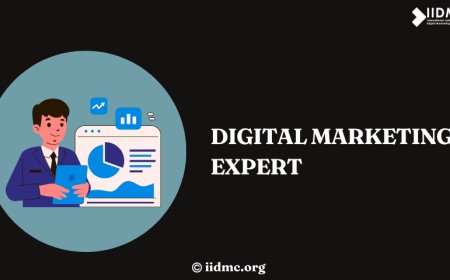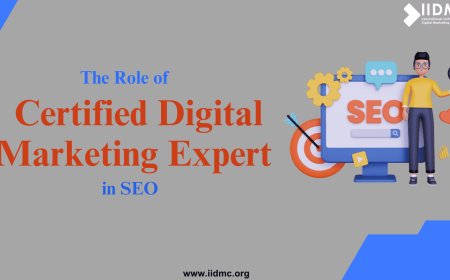Creating a Winning Content Marketing Strategy
Discover how to create a winning content marketing strategy to attract your audience, boost brand visibility, and improve SEO performance.

An essential strategy for companies trying to build a strong online presence in the always-changing field of digital marketing is content marketing. Brands have a rare opportunity to express their beliefs, skills, and services in a way that connects with their audience by using this method, which is centred around generating, publishing, and distributing content for a targeted audience online. Given the amount of traffic the digital market is getting, a smart content marketing plan might be the differentiation that helps a company rise from invisibility to popularity.
A content marketing specialist plays an increasingly important role as we go through the complexities of the field. From the fundamentals of creating content to advanced techniques for engagement and conversion, these professionals are skilled in developing strategies that support brand objectives. The goal of this blog is to provide readers with the information and resources they need to succeed in their content marketing activities by offering insights from the viewpoint of a content marketing specialist. Whether your objective is to raise brand awareness, increase website traffic, or increase sales, we'll look at how a content marketing specialist can use creativity, data-driven insights, and strategic planning to captivate your audience, drive website traffic, and ultimately help you reach your marketing goals.
Challenges Necessitate A Strategic Approach To Content Marketing
The task of being seen in a sea of content has grown more difficult in the dynamic field of digital marketing. This scenario emphasizes how important it is to have a successful content marketing strategy. Here, we examine all aspects of these difficulties and clarify how a calculated strategy can provide a direct route ahead.
A Saturated Market
The rapid growth of material across different platforms can be attributed to the accessibility of content creation brought about by digital media. The huge variety of content accessible to audiences—from articles and blog posts to podcasts and videos—can be overwhelming. The challenge of drawing in and holding onto potential clients' attention is made more difficult by this overload. Just creating content is insufficient in such a crowded market, to stand out, the information needs to be valuable, relevant, and engaging.
The Need for a Winning Strategy
In content marketing, having a winning approach is not just desired, but also essential. Given the decreasing attention spans and increasing competition, creating content randomly is likely to produce less-than-ideal results. A strategy is like a compass; it directs work toward certain objectives and guarantees that each piece of content has a purpose. Whether the goal is to raise revenue, create leads, drive traffic, or increase brand awareness, a well-designed strategy offers the framework for achieving these goals.
Strategic Approach to Content Marketing: The Solution
Understanding the audience is the first step in taking a strategic approach to content marketing. It involves creating content that is relevant to the interests and demands of the client while also being interesting and informative. This strategy uses Search Engine Optimization (SEO) to boost organic visibility and ranks, allowing you to reach a larger audience. It also involves analyzing performance metrics like organic click-through rates and conversions to improve strategies and increase efficacy.
Content that tells a story, addresses customer problem areas, and provides answers tends to foster a stronger relationship with the audience. Incorporating AI-powered smart technology can further tailor content, making it more relevant and engaging to certain users. Furthermore, incorporating infographics and visually appealing features can increase engagement by making complex information more accessible.
What Components Constitute A Successful Content Marketing Strategy?

1. Understanding Your Audience:
It's critical to have a deep understanding of your audience. This entails knowing not only their location and age, but also their hobbies, obstacles, and pain areas in addition to their actions. In this situation, tools such as audience personas can be very helpful as they provide a clear image of the target audience and their interests.
2. Setting Clear Goals:
What goals do you have for your content marketing campaigns? Increasing brand recognition, improving website traffic, generating leads, and increasing sales are examples of common goals. Goals ought to be time-bound, relevant, measurable, achievable, and specific (SMART). This clarity makes it easier to modify your content strategy to successfully achieve these objectives.
3. Creating a Content Plan:
What material will be produced, how it will be distributed, and when it will be released are all specified in a content plan. It needs to have a variety of themes and styles (such as blog entries, infographics, and videos), all customized to the tastes of your target audience. To guarantee that information is seen online, SEO must also be taken into account in the plan.
4. Content Creation:
The foundation of your strategy is content generation. Creating top-notch, pertinent content that speaks to the needs and interests of your audience is crucial. It should be interesting, educational, and valuable enough to entice readers to share and come back for more. Tell stories in your material to increase its relatability and interest.
5. Search Engine Optimization:
Search engine optimization of content is essential for increasing visibility and drawing in organic visitors. This includes keyword research and integration, meta tag and description optimization, and making sure website performance (e.g., loading speed, mobile friendliness) is up to standard.
6. Marketing and Distribution:
Getting your excellent content in front of the correct audience is just as important as having it. A variety of platforms, including your website, social media accounts, email newsletters, and paid advertising, may be used for this. The channels you choose will depend on how and where your audience prefers to receive material.
7. Measurement and Analysis:
Finally, it's essential to measure the success of your content marketing initiatives. This entails monitoring data like engagement, traffic, conversion rates, and return on investment. With the use of these insights, you can determine what is and is not working in your plan and how to modify it for better results.
Content marketing is an essential strategy for organizations looking to establish a strong digital presence in a saturated market. Emphasizing a strategic approach—based on a thorough understanding of the audience, defined objectives, and a diverse content plan—ensures that your message resonates and meets its goals. Integrating SEO, employing AI-driven solutions, and regularly reviewing performance is critical for increasing exposure and engagement. By creating content that informs, engages, and solves audience problems, brands can manage the complexity of digital marketing, make real relationships, and achieve major financial benefits.





























